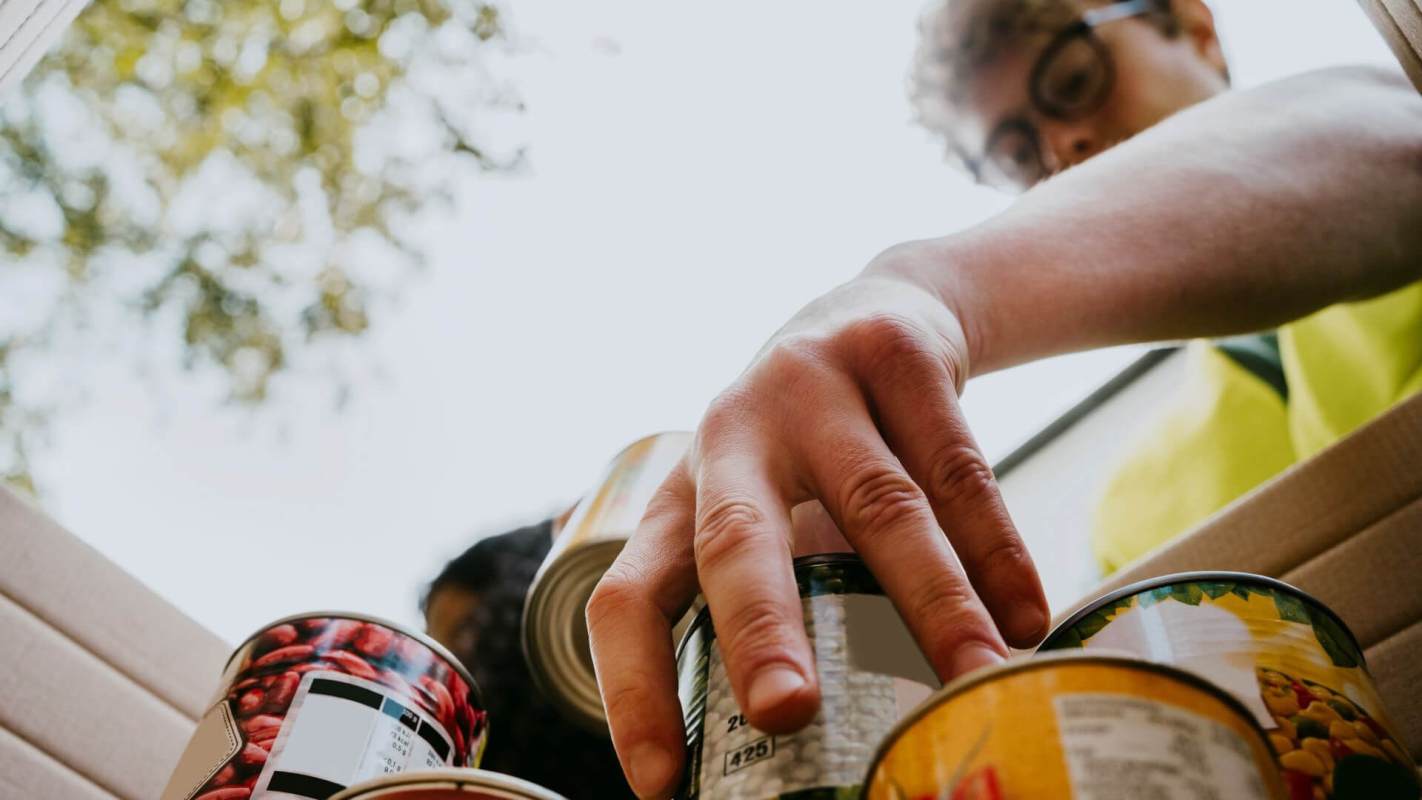Americans throw out more food than any other country in the world. In the U.S., we discard around 40 million tons of food every year — the equivalent of every person in the country throwing 650 apples into a landfill.
But community organizations like the Rhinelander Area Food Pantry are making efforts to tackle this problem. The organization, based in Rhinelander, Wisconsin, is both a food pantry and a community garden, both of which work symbiotically to reduce the group's carbon footprint.
Here's how it works: The garden produces between 3,000 and 5,000 pounds of food for the food pantry every year, and waste from the food pantry is composted to help the garden grow its plants. The group is very intentional about putting all of its plant waste in compost bins, so it can break down and then help the next crop of produce.
"We could ship that off to a landfill somewhere … but that would all have an environmental impact," Tom Jerow, who serves as the Food Pantry Garden Coordinator, told local radio station WXPR. "We're recycling that carbon back into the soil and back into the system to help feed the plants."
The group also recycles plastic packaging so it doesn't end up in the landfill.
"Our mission is to eliminate food insecurity in our community," said Courtney Smith, the food pantry's associate executive director, told WXPR. "It's not about there being a lack of food. There's plenty of food out there. We want to see that food is used responsibly."
Fruit deemed unappetizing for human consumption is donated to the bears at Wild Instincts Wildlife Rehabilitation in Rhinelander, and vegetables are picked up by farmers to feed their livestock. The organization also sets up a farmer's market table outside the food pantry to connect with visitors and exchange information about the community garden.
The organization's efforts are win-win: it reduces food waste while feeding those in need.
"I do care about the long-term sustainability of the world," Jerow told WXPR. "I am concerned about where we're headed with the climate change thing, and I think we need to do everything we can for the future generations."
Follow The Cool Down on Instagram and subscribe to our newsletter.








